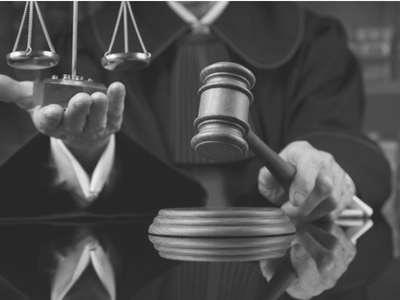“Rule of law” v. “rule by law”
America is hardly an exception lately in facing potential threats to judicial independence.
The New York City Bar Association and the Bingham Centre for the Rule of Law co-sponsored a recent event on this timely issue. Their illustrious panel of speakers featured Associate U.S. Supreme Court Justice Stephen Breyer, former Justice of the Supreme Court of the U.K. and Master of the Rolls Lord John Dyson, and former Chief Justice of Canada, Justice Beverley McLachlin.
Each panelist’s urgent insights helped illustrate how judicial independence is an existential requirement for the system of rights and responsibilities that citizens in a democracy depend on. As one fascinated by the disproportionate power of tiny words, I was especially intrigued by Chief Justice McLachlin’s distinction between “rule of law” and “rule by law.”
In her discussions with jurists worldwide, Justice McLachlin has learned what the rule of law means in different systems. Occasionally, her hosts will be adamant that their system too relies on the rule of law — but on further inspection, they don’t rely on rule of law so much as rule by law. Justice McLachlin explained the distinction between those two different systems:
•Rule of law is not just externally propagated, objective regulations that citizens must follow. It goes beyond the laws themselves and constitutes the idea that the law binds state power. Not only acts of individual citizens or corporate entities, but the state itself is subjected to the law. The law is the highest overarching and controlling idea, and even the state — the law’s own promulgator — is subject to its rules.
•Rule by law, however, is a system in which the state itself enacts laws, which the people and other entities must obey, and in which the state may then change these laws. China arose as an example of this type of organization. According to the Chief Justice, rule by law is preferable to rule by arbitrary whim, but it does not subject governmental actors to the law. So even though the country may use laws as a means of enforcing power or of enforcing certain kinds of conduct by the population, the question remains whether the rules control the state or the state controls the rules.
As attorneys, it is crucial that we pay attention to every little detail, as even a comma can decide the outcome of a decision or the interpretation of a law. And here, a variation of merely two letters describes completely different conceptions of how a state and its population conceive of their respective rights and duties, and how they hold one another accountable.
Do you have any other examples of rule by law?

